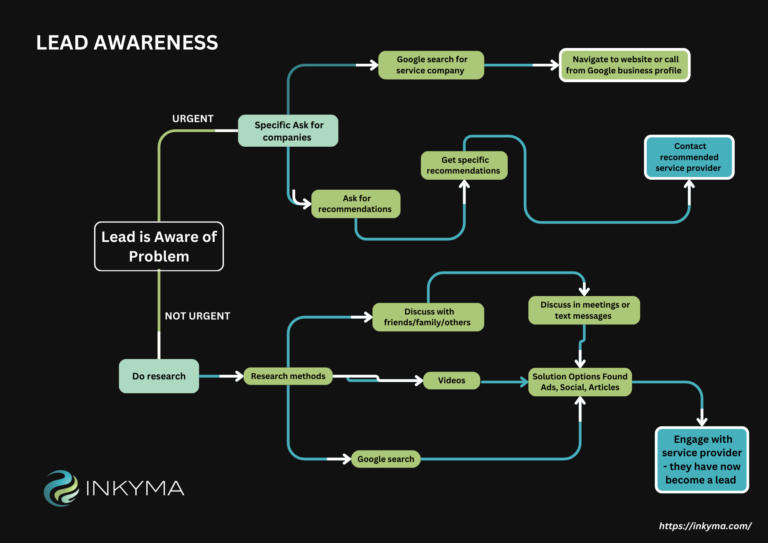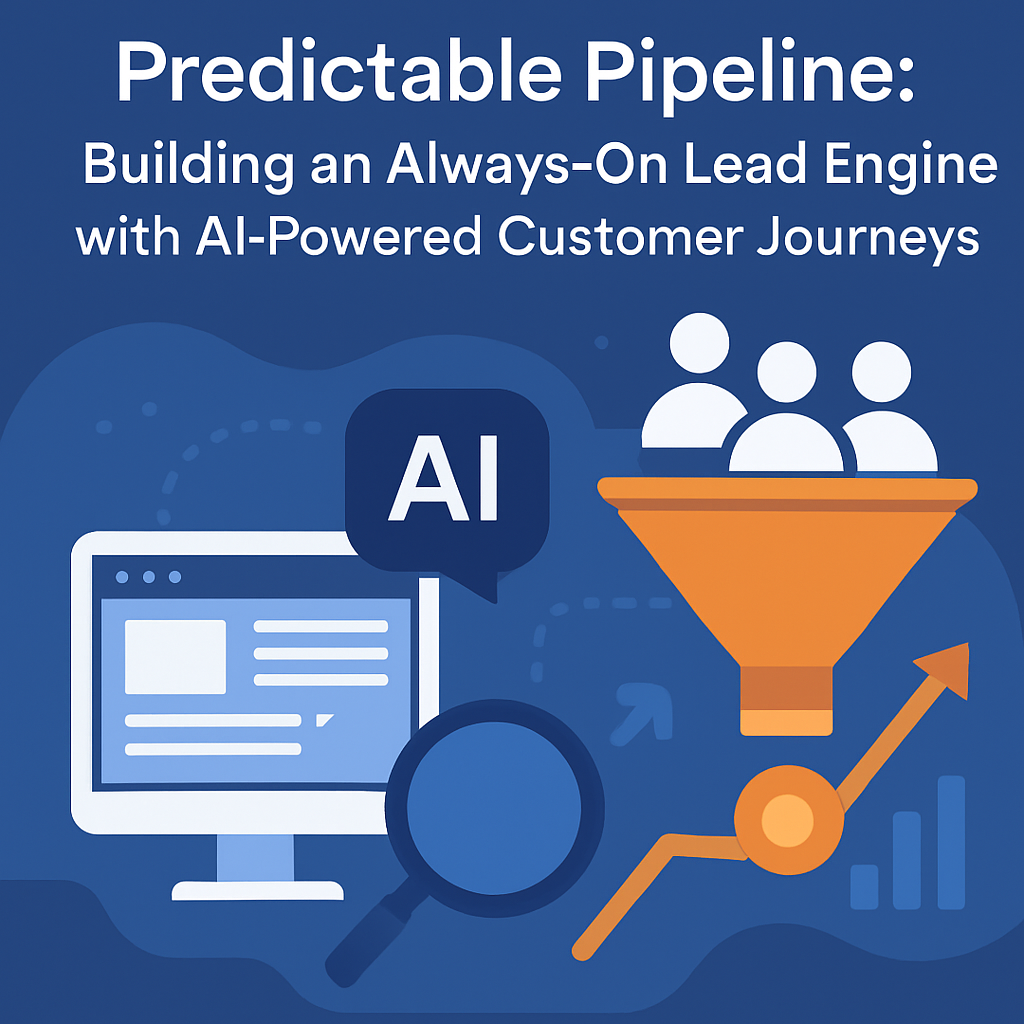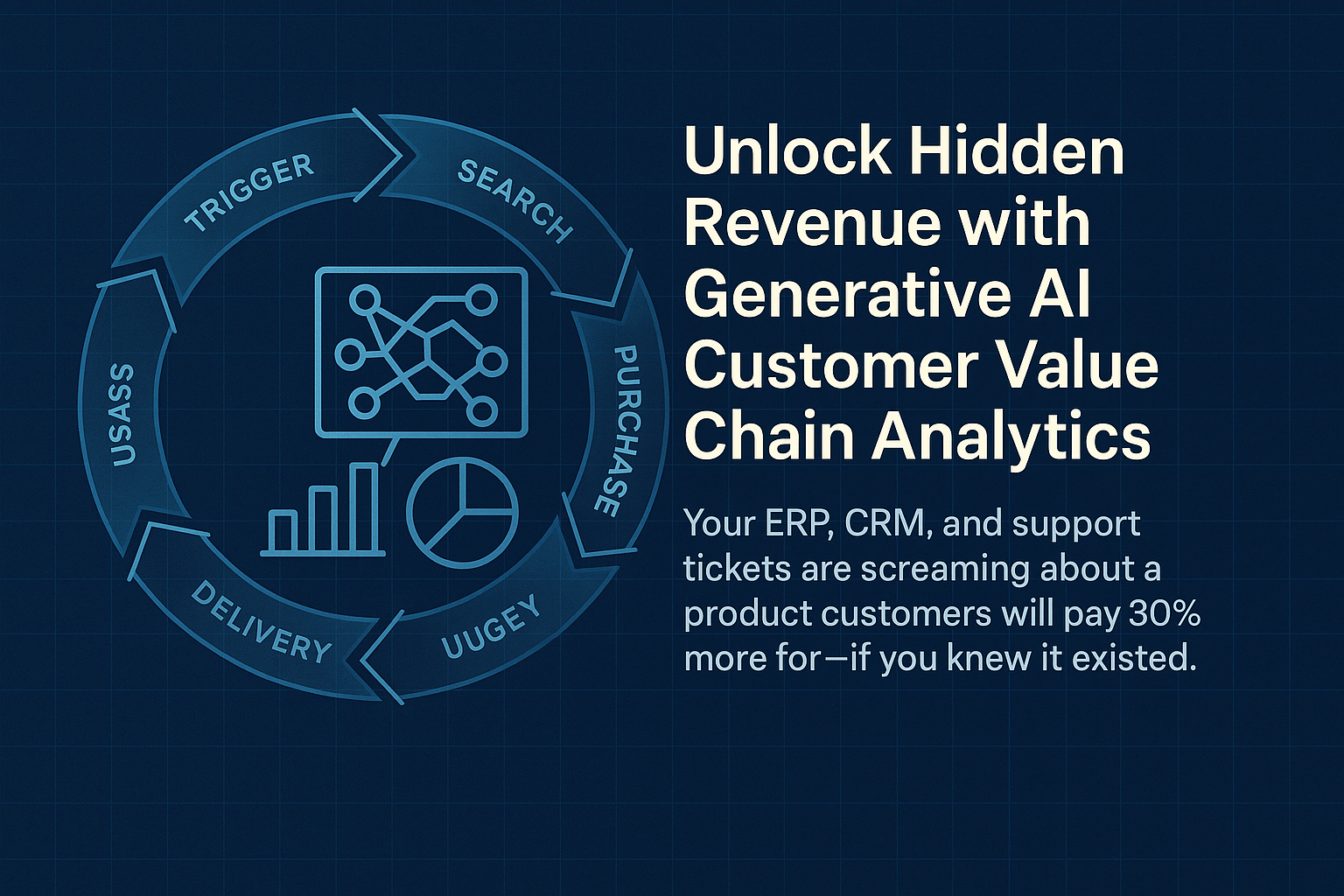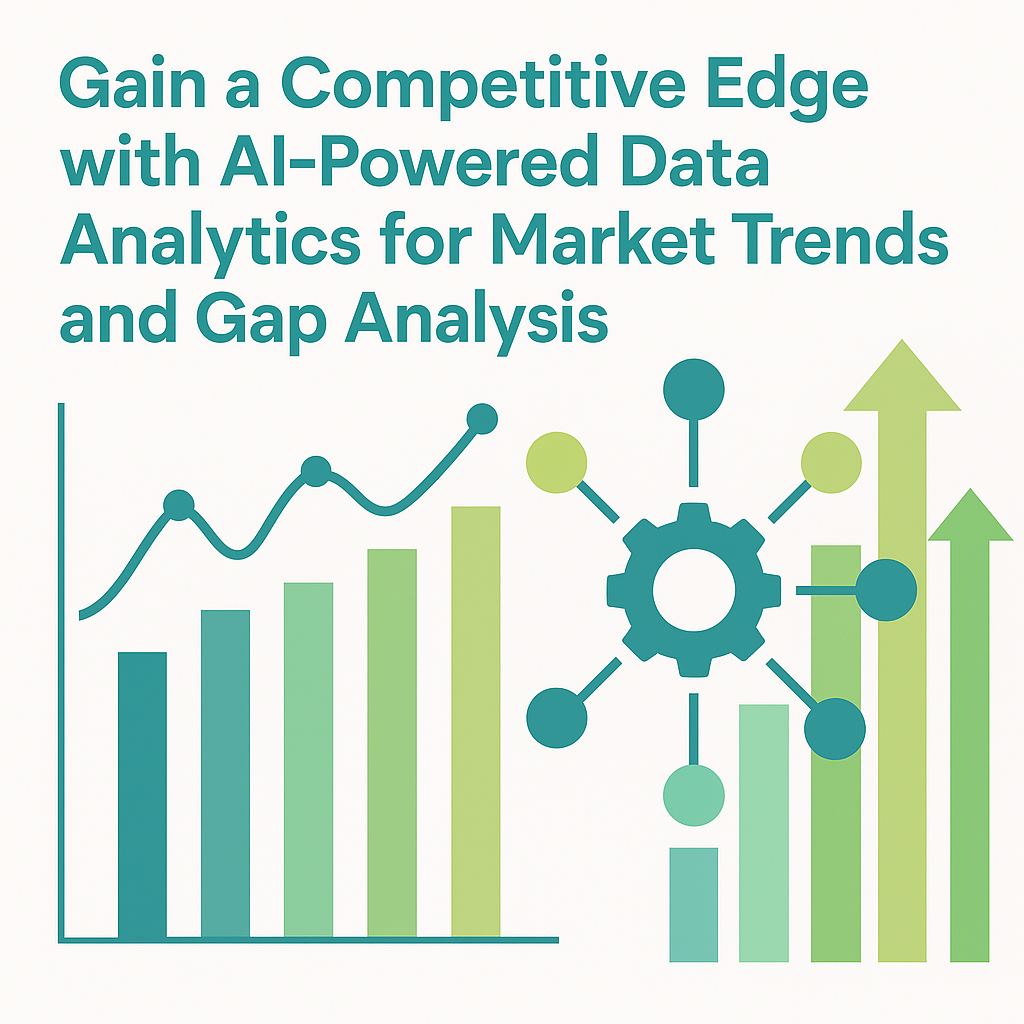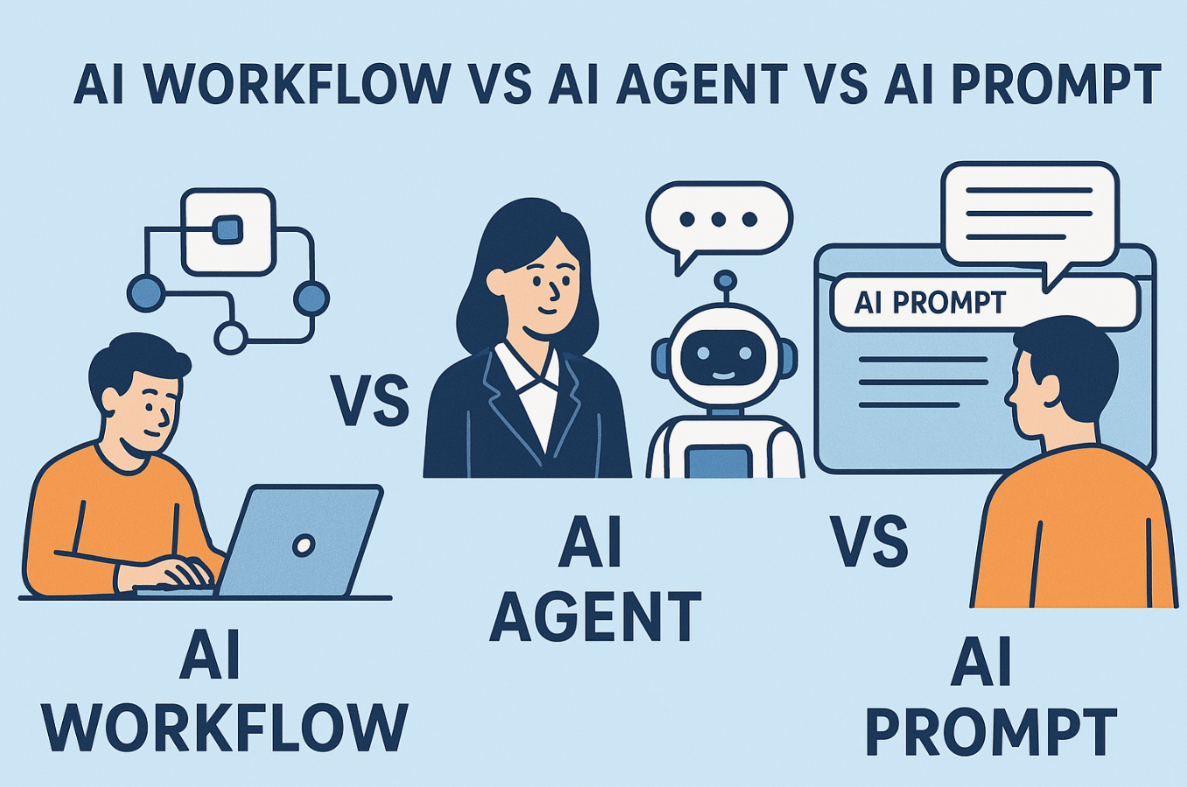Understanding the lead awareness phase is crucial for business success in today’s competitive market. This article will explore how AI Lead Awareness innovations can help businesses identify and engage potential customers who are just beginning to recognize their problems and seek solutions.
AI Lead Awareness innovations enhance early-stage customer identification by employing advanced data analytics, machine learning algorithms, and predictive modeling to identify potential leads more accurately and efficiently.
- Understanding Lead Awareness: Recognizing the Problem
- Leveraging Data Analytics to Identify Lead Awareness Signals
- AI Lead Awareness: Inserting Your Business in the Customer Journey
- Machine Learning and Predictive Modeling: Anticipating Customer Needs
- Implementing AI Innovations for Lead Awareness Success
- Mastering Lead Awareness for Business Growth
Key Takeaways
- Recognize Lead Awareness: Understand that lead awareness is the phase where potential customers recognize their problems and start seeking solutions.
- Utilize Data Analytics: Use data analytics to identify early signals of lead awareness and target potential customers effectively.
- Leverage AI: Implement AI-driven tools like machine learning and predictive modeling to anticipate customer needs and engage leads at the right moment.
- Strategic Positioning: Insert your business into the customer journey during the lead awareness phase to influence decision-making and drive conversions.
- Continuous Improvement: Monitor and adjust your AI Lead Awareness strategies to ensure ongoing success and optimization.
These AI-driven techniques not only streamline the detection process but also improve engagement strategies, driving substantial business growth. Keep reading to uncover more detailed insights into how AI can help your business strategically position itself during the lead awareness phase and revolutionize your lead generation efforts.
Understanding Lead Awareness: Recognizing the Problem
Lead awareness is the phase where potential customers first recognize that they have a problem and begin searching for solutions. The lead problem awareness process is a critical stage because capturing a lead at this point means your business can influence their decision-making process from the start. During this phase, customers are typically conducting research, comparing options, and seeking information to better understand their needs.
Businesses that can effectively insert themselves into the customer journey during the lead awareness phase gain a significant competitive advantage. By using AI Lead Awareness innovations, companies can identify these early-stage leads more accurately, ensuring their marketing efforts are targeted and effective.
Leveraging Data Analytics to Identify Lead Awareness Signals
Data analytics plays a vital role in detecting the early signals of lead awareness. By analyzing large volumes of data, businesses can uncover patterns and trends that indicate when a potential customer is beginning to recognize their problem. Tools like Google Analytics, CRM systems, and social media monitoring platforms provide valuable insights into customer behavior.
“79% of marketing leads never convert into sales due to lack of lead nurturing.”
For example, a healthcare business might use data analytics to track website visits, social media interactions, and search queries related to specific health concerns. This data helps identify individuals in the early stages of seeking a solution, allowing the business to target them with relevant content and offers.
AI Lead Awareness: Inserting Your Business in the Customer Journey
AI Lead Awareness innovations can significantly enhance your ability to insert your business into the customer journey at the right time. By using machine learning algorithms, businesses can predict which leads are most likely to convert based on their behavior and interactions.
For instance, a plumbing service company might use AI to analyze online inquiries, service request patterns, and customer reviews to identify potential leads who are showing signs of problem recognition. Another valuable source of data can be Reddit. By analyzing discussions and posts related to plumbing issues in relevant subreddits, the company can gain insights into common problems and questions potential customers have.
By targeting these leads with specific, actionable solutions, such as a detailed guide on “How to Fix a Leaking Faucet,” the company can position itself as a helpful resource. Additionally, by offering a free initial consultation or diagnostic service for complex plumbing problems identified in these discussions, the company can build trust and encourage potential customers to take the next step. For example, suppose AI detects frequent mentions of water heater issues. In that case, the company can create a targeted campaign offering a free water heater inspection for Reddit users who have expressed concerns.
These AI-driven insights allow businesses to be proactive rather than reactive, engaging potential customers when they become aware of their needs. This strategic approach increases the likelihood of conversion and builds stronger customer relationships.
Machine Learning and Predictive Modeling: Anticipating Customer Needs
Machine learning and predictive modeling are powerful tools for anticipating customer needs during the lead awareness phase. These technologies analyze historical data to predict future behavior, allowing businesses to stay one step ahead of their customers.
For example, an IT consulting firm might use predictive modeling to forecast which businesses are likely to require their services based on industry trends, economic indicators, and previous client behavior. This foresight enables the provider to tailor their marketing efforts and approach potential clients with customized solutions, such as cybersecurity assessments or cloud migration services, before the competition.
By implementing AI Lead Awareness innovations, businesses can ensure they are always ready to meet their customers’ needs, driving higher engagement and conversion rates.
Implementing AI Innovations for Lead Awareness Success
Integrating AI into your lead awareness strategy can seem daunting, but with the right approach, it can be highly effective. Here are some key actions to consider:
- Identify Clear Objectives: Define what you aim to achieve with AI Lead Awareness, such as increasing lead generation, improving targeting accuracy, or enhancing customer engagement.
- Select Appropriate Tools: Choose AI tools and platforms that fit your objectives. Consider options like HubSpot for CRM, Google Analytics for data insights, and various machine learning libraries for predictive modeling.
- Use the Right Data Sets: Ensure you are using relevant and comprehensive data sets. This might include customer behavior data, industry trends, social media interactions, and economic indicators.
- Integrate Seamlessly: Make sure your AI tools integrate well with your existing marketing and sales systems to ensure a smooth flow of data and insights.
- Educate Your Team: Train your team to effectively use AI tools and understand how to interpret AI-driven insights. This knowledge will help them apply these insights to your lead awareness strategy.
- Monitor and Adapt: Regularly monitor the performance of your AI Lead Awareness efforts. Use analytics to track progress and make necessary adjustments to optimize results.
By focusing on these actions, businesses can successfully implement AI Lead Awareness innovations, leading to significant improvements in lead generation and customer engagement.
Mastering Lead Awareness for Business Growth
Understanding and leveraging the lead awareness phase is essential for businesses aiming to stay ahead in today’s competitive market. By adopting AI Lead Awareness innovations, companies can accurately identify potential leads, engage them at the right moment, and anticipate their needs. This strategic approach not only enhances the lead generation process but also drives substantial business growth.
If you’re looking for more help and guidance on how to implement these strategies effectively, schedule a strategy session with Inkyma. Our experts can provide you with personalized advice and innovative solutions tailored to your business needs.
How can AI help in understanding the specific needs of leads during the lead awareness phase?
AI can analyze vast amounts of data from various sources, such as website interactions, social media activity, and search behaviors, to understand the specific needs of leads during the lead awareness phase. By using natural language processing (NLP) and machine learning algorithms, AI identifies patterns and trends in this data, enabling businesses to gain deep insights into what potential customers are looking for. This helps in creating targeted content and solutions that directly address the identified needs, increasing the chances of engagement and conversion.
What are some common challenges businesses face when implementing AI for lead awareness, and how can they overcome them?
Common challenges businesses face when implementing AI for lead awareness include data integration issues, lack of skilled personnel, and high initial costs. To overcome these challenges, businesses should:
– Ensure data quality and integration: Invest in robust data management systems to ensure that data from various sources is clean, accurate, and seamlessly integrated.
– Invest in training: Provide training and upskilling opportunities for employees to effectively use AI tools and interpret AI-driven insights.
– Start small and scale: Begin with pilot projects to demonstrate the value of AI, and gradually scale up as the business sees positive results and gains more confidence in AI technologies.
How does AI-driven lead awareness differ from traditional lead generation methods?
AI-driven lead awareness differs from traditional lead generation methods in several ways:
– Data-Driven Insights: AI uses advanced data analytics to provide real-time insights, whereas traditional methods often rely on historical data and manual analysis.
– Predictive Capabilities: AI can predict future customer behaviors and needs using machine learning algorithms, allowing for more proactive and personalized engagement. Traditional methods typically react to customer actions after they occur.
– Efficiency and Scalability: AI automates many aspects of lead generation, making it more efficient and scalable. Traditional methods often require significant manual effort and are harder to scale effectively.
For businesses looking to leverage these advanced capabilities, consulting with experts like Inkyma can provide valuable guidance and support in transitioning from traditional to AI-driven lead generation strategies. Schedule a strategy session with Inkyma to explore how AI can transform your lead awareness and generation efforts.

